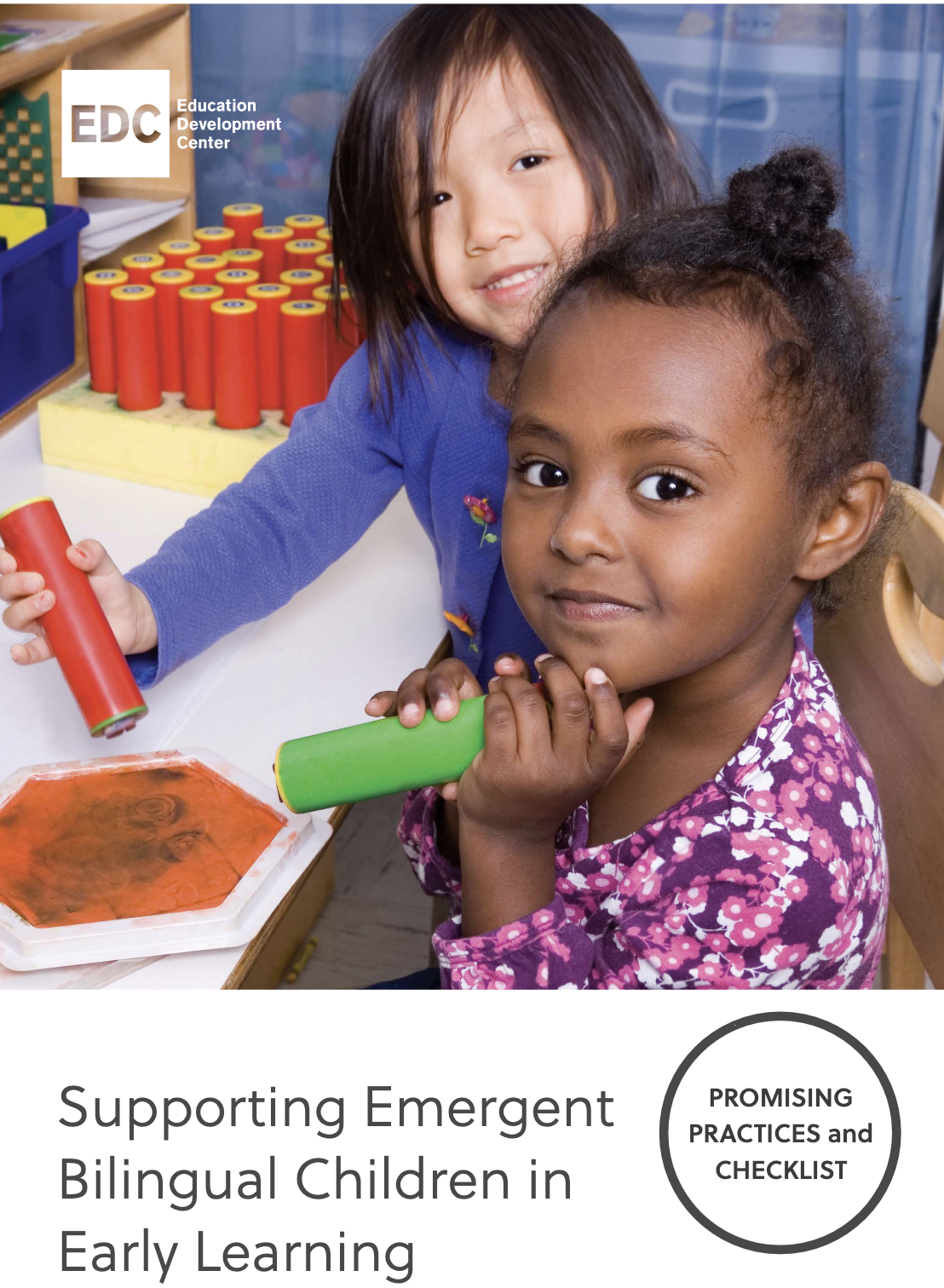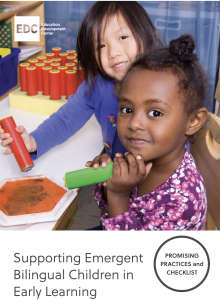Autism & Learning

 In this Voices of Compassion podcast, two of our expert CHC Licensed Psychologists, Dr. Melanie Hsu and Dr. Cassandra Sanchez, share how the social challenges associated with autism can pose barriers to learning when in a highly stimulating environment like a school classroom.
In this Voices of Compassion podcast, two of our expert CHC Licensed Psychologists, Dr. Melanie Hsu and Dr. Cassandra Sanchez, share how the social challenges associated with autism can pose barriers to learning when in a highly stimulating environment like a school classroom.
Read more ›


 How many times per day do you check your phone? According to Gloria Mark, psychologist and author of
How many times per day do you check your phone? According to Gloria Mark, psychologist and author of 
 About
About 
 These resources from the
These resources from the 
 For years, ELL students have been regarded as students who come with a deficit, or gaps, in their knowledge. The assumption is that these students must be taught English in order to assimilate into our culture and ultimately be successful in school. On the other hand, to regard these students as “emergent bilingual,” suggests that there is value in their native language and cultural background, in addition to other contributions they bring to the classroom.
For years, ELL students have been regarded as students who come with a deficit, or gaps, in their knowledge. The assumption is that these students must be taught English in order to assimilate into our culture and ultimately be successful in school. On the other hand, to regard these students as “emergent bilingual,” suggests that there is value in their native language and cultural background, in addition to other contributions they bring to the classroom. 
 Supporting Emergent Bilingual Children in Early Learning from Education Development Center (EDC) draws on current research into how children learn, giving educators promising practices for supporting the diverse needs of young learners.
Supporting Emergent Bilingual Children in Early Learning from Education Development Center (EDC) draws on current research into how children learn, giving educators promising practices for supporting the diverse needs of young learners. 
 For neurodivergent college students to navigate their academic journey successfully, it’s essential to develop effective study habits and strategies. Here are some valuable study tips.
For neurodivergent college students to navigate their academic journey successfully, it’s essential to develop effective study habits and strategies. Here are some valuable study tips. 

 Along with its challenges, ADHD also brings unique strengths. Those strengths are often overshadowed by challenges, so in today’s episode we want to shed light on the strengths!
Along with its challenges, ADHD also brings unique strengths. Those strengths are often overshadowed by challenges, so in today’s episode we want to shed light on the strengths!
 Built by families for families, the
Built by families for families, the 

